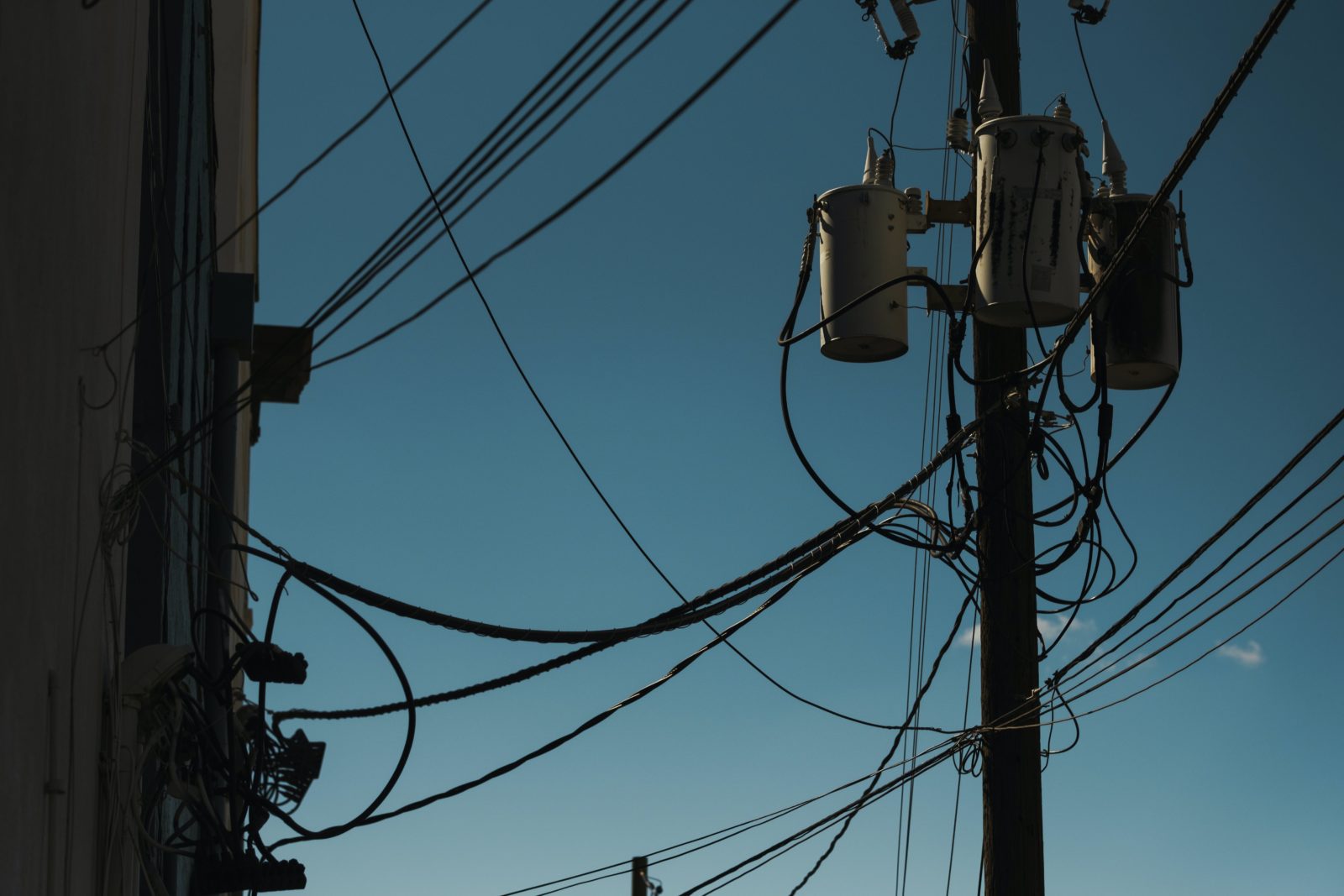In a surprising turn of events, electricity production in the Czech Republic fell by 10% last year. The local power plants produced 72 terawatt-hours (TWh) of electricity, marking the lowest output since 2002. The decline is primarily attributed to lower economic activity in the industry, which has also resulted in reduced power consumption. Interestingly, the trend aligns with the entire EU, where electricity production fell by 66 TWh in the same year.
The lower economic activity and stagnating performance of EU economies are the leading causes of this decline. According to Matěj Hrubý, a managing consultant at EGÚ Brno, the decline is not linked to applying technical-saving measures. Even with the expected electrification of heating, transportation, and industry, electricity consumption is decreasing, indirectly leading to a drop in coal-powered electricity production.
Regarding the source of electricity, nuclear and coal had the largest share, constituting nearly 80% (56 TWh) of the production. Despite their large share, electricity production from coal declined by 11% last year, while nuclear production fell by 0.6%.
Although conventional sources still lead, the production from renewable energy sources, specifically photovoltaics, increased in the Czech Republic. The increase was by 17%, resulting in 2.8 TWh of electricity. Natural gas contributed 3.3 TWh of electricity, with gas power plants operating minimally due to lower electricity consumption and high commodity prices.
Despite the rise in renewable energy production, EGÚ Brno suggests that it is insufficient to meet the goals set for 2030. The updated Czech National Energy and Climate Plan (NKEP) proposal expects electricity production from wind farms to reach approximately three TWh by 2030. New legislation supporting community energy establishment is expected to significantly boost further development.





